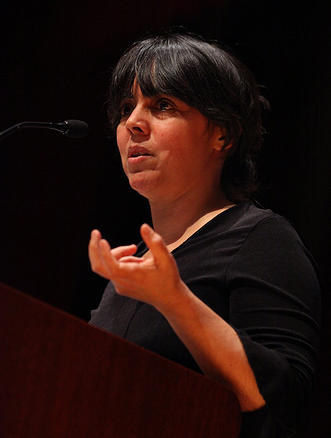Cathy Albisa

National Economic & Social Rights Initiative
Racial justice is at the heart of human rights and working on racial justice through the broader framework of human rights is invaluable to understanding how eliminating racism is lifting a burden from all members of society, not just those who are deemed “racial minorities.” Since I took up my work within our domestic human rights community, I have learned a deeper solidarity with all people facing injustice and violations of workers’ rights, and I can support the building of solidarity between communities that are different demographically but are all marginalized and excluded from protection and the benefits afforded by society to those with more privilege. You have surprising victories around racism and sexism when you step back and work from a broader and more structural perspective. Who would have imagined that the Coalition of Immokalee Workers (CIW) victory in the fields—fueled by a constituency that is 90% male—would become a shining light in fighting sexual harassment. Who would have expected that the Vermont Worker’s Center’s campaign on healthcare—with a constituency that is perhaps 95% white—would be the vehicle for a stunning victory against xenophobia and racism by passing a universal health care law that includes undocumented people. Because these groups are steeped in human rights values and cultures that include the right to work and right to health, they would never leave anyone behind, and that is the beauty and power of this universal vision.


